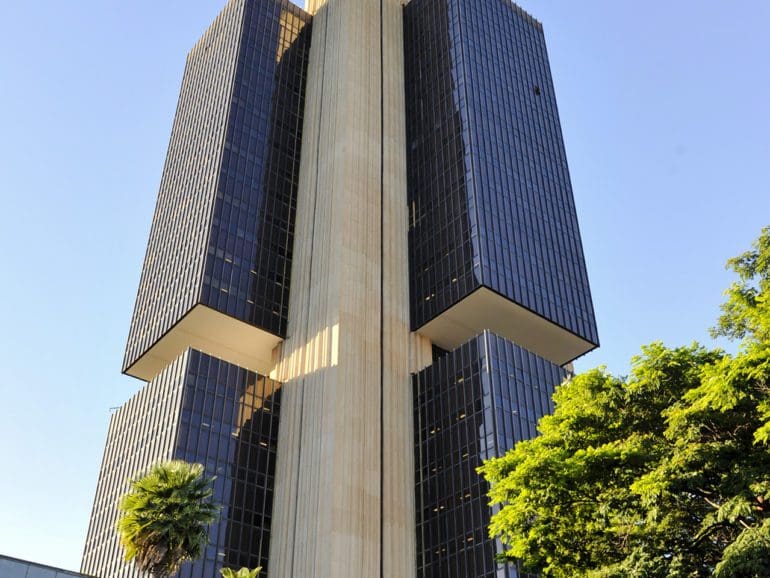Total credit granted by fintechs in Brazil reached 55 billion reais in 2021 (roughly $10 B), a staggering growth of 1,045% in the 2016-2021 period, according to a recent study by Serasa Experian.
The pace seems explosive compared to 47.6% in the traditional financial sector, yet the dominance of a handful of large banks remains undisputed.
Five years ago, the credit fintech ecosystem was developing, with few startups offering loans. Newborn digital banks were typically focused on payments instead, usually the first step to building a customer base.
However, in the past few years, they have increasingly turned to credit as a tool to complement the product suite and extract more significant revenue from clients.
The pace at which they have been granting credit as an industry has been significant. Starting from a low base of fewer than 5 billion reais, fintechs recorded an average 62.8% annual growth in loans, almost eight times faster than the market average, Serasa said in the report.
Still small compared to banks
“Fintechs and digital banks arrived a short time ago in Brazil but have already earned a slice of the Brazilian financial system,” was noted in the study. “2022 should maintain the upward trend observed in previous years.”
To be sure, their share of Brazil’s colossal credit market is still tiny. Despite the fast-paced growth, fintechs account for roughly 1% of the enormous 4.7 trillion reais market or approximately $1 trillion U.S. dollars.
But fintech credit growth has been meteoric. In the past few years, the impetus came mainly from individuals, in many cases excluded from the traditional financial. Relying on technology and a list of innovative data points to gauge risk, they have been able to grant credit to users with little banking history.
Open finance could help
With open finance in Brazil, sector experts are hopeful that fintech could eventually make a dent in the broad credit market.
“Fintechs and digital banks are becoming increasingly important in the democratization of credit,” Serasa Experian economist Luiz Rabi said. “They actively participate in important consumer innovations, such as open finance. This makes the market more competitive and expands the possibilities for borrowers.”
Through open finance, clients and companies can share information from their current bank accounts with new financial institutions. This way, the new institution assessing credit risk will be able to conduct a more comprehensive analysis, hopefully bearing lower risk and offering cheaper interest rates.
“Credit is the most common use case for open finance,” said Paulo Oliveira Andreoli, a fintech adviser in Brazil. “But it is just beginning in Brazil. It is still not widely known, even though we already have a significant number of consents given.”
The Brazilian credit fintech ecosystem
In Brazil, the largest fintech ecosystem in Latin America, there are 37 startups focused on lending.
Most of them are based in Sao Paulo, Brazil’s most populous city, according to a report by PwC and the Brazilian Association of Digital Loans.
Numbers from the survey show a developing ecosystem, with many companies reaching a more mature state. Almost 20% have more than 300 employees, up from just 9% in 2019. 34% state that they are in an expansion phase, while 40% respond that they are consolidating. The remaining 26% are young companies with annual revenue below 5 million reais, or $1 million.
To be sure, the pandemic has been a massive driver in accelerating growth. Credit fintechs have diversified beyond credit cards or consumer loans in the past few years. They are now expanding into more complex segments, such as real estate and vehicle financing.
A challenging 2023
From now on, even though fintech credit should grow from what is still a low base, some headwinds will likely put these companies to the test.
Most of these companies are navigating for the first time a cycle of high rates and, possibly, economic contraction. Inflation is already pressuring Brazilian families and small businesses capacity to repay, and default rates, although still not significantly high, are rising.
Related:
- How new payments regulations in Brazil could affect fintech sector
- Buy Now, Pay Later fintechs plow ahead to serve the underbanked in Brazil
- Lack of data bogs down BNPL growth in LatAm, and open finance could change this

Nubank, the largest fintech in Brazil, has grown its loan portfolio significantly. The total stock of credit card and personal loans grew 83% year over year this 2022 to $9.7 billion. But as of recently, executives said they were pulling the brakes in the face of a riskier environment. Its rate of new loans has already declined slightly.
“We have a scenario of high inflation and weak economic activity in Brazil,” Rodrigo Cabernite, Co-CEO at SME lender GYRA+, told Fintech Nexus. “Across the board, the credit market is tight in Brazil, with banks and fintechs having higher defaults.”
According to him, solid funding will make a difference in this phase—the ability to strike partnerships with banks or cater services to these giant players.
“At the end of the day, the huge credit market is still in the banks, and we are here only scratching the surface,” Cabernite said. “In this context, a partnership with banks looks very good.”
The company has a deal with a 200-branch bank in Brazil. It does software as a service for the institution to provide credit assessment capabilities. “We managed to use their origination capacity to analyze credit and sell it to the bank itself,” Cabernite said. “This type of arrangement is going to lead to much higher valuation multiples than more capital-intensive credit businesses.”


